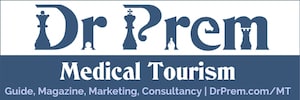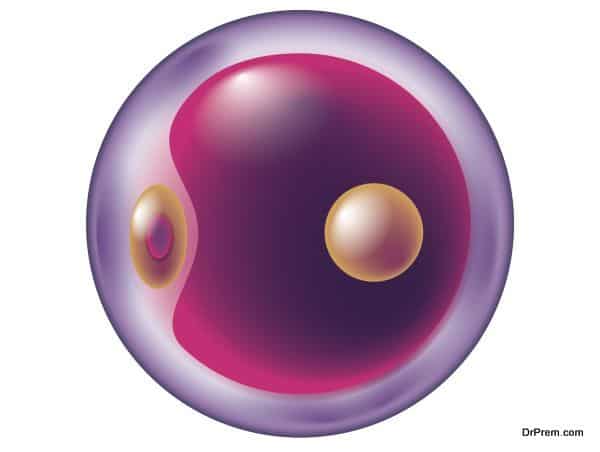Definition:
Stem cell therapy is a relatively new therapy. According to researchers stem cell therapy has an answer for many disease conditions that are untreatable by other methods and has the potential to change the treatment of human disease dramatically.
Stem cells are a basic (precursor) cells that have capacity to change and reproduce specialized cells for various tissues in the body including heart muscle, brain tissue, liver tissue or skin, blood cells etc. Stem cells can be saved and used afterwards to produce specialized cell when required.
During stem cell therapy the stem cells are collected from various sources and are transplanted in to a disease person, where stem cells change in to and reproduce specialized cell to repair or treat recipient’s disease conditions.
Stem Cell Therapies:
Several stem cell therapies are used nowadays to treat various diseases:
- Adult stem cell transplant—stem cells are received from the bone marrow.
- Adult stem cell transplant—stem cells are collected from peripheral blood.
- Umbilical cord cell transplant—stem cells received from umbilical cord blood. The umbilical cord blood stem cell transplants has less chances of rejection in comparison to bone marrow or peripheral blood stem cells.
- Stem cell therapies using embryonic stem cells where the cells are taken from early stage embryos is associated with great controversy on religious and moral grounds, as the technique used to create and use the stem cells requires the destruction of the human embryo and/or therapeutic cloning.
Among all the different stem cell therapies, the most common therapy in use today is bone marrow transplant which is used to treat a variety of blood cancers, leukaemia and disorders. This procedure can be performed by using bone marrow or peripheral blood stem cells.
Uses and Benefits of stem cell therapy:
- Stem cell therapy can be useful in the following disease conditions:
- Neurological diseases – Multiple Sclerosis, Parkinson’s disease, Cerebral Palsy, Epilepsy etc.
- Blood-borne Cancers- Leukemia, Non-Hodgkin’s Lymphoma, Multiple Myeloma
- Organ Cancers – Breast Cancer,Prostate Cancer ,Lung Cancer, Malignant Melanoma
- Heart Disease processes -Myocardial Infarction, Atherosclerosis , Congestive Heart Failure
- Musculoskeletal Conditions and Injuries -Spinal cord injury, Bone damage caused by injuries and disease, Joint injuries and diseases
- Hormonal, Immune and Circulatory Issues-Auto-Immune diseases such as Rheumatoid arthritis, lupus and Muscular Dystrophy
Chronic infections such as Tuberculosis and Hepatitis C - Cosmetic and Reconstruction Treatments-Breast reconstruction treatments, Facial implants and Rejuvenation therapies.
Risks and Complications:
- The dangerous side effects of using stem cells have not been fully investigated. Researchers presume that foreign cells transplant in a recipient body can trigger a violent attack by the immune system or stem cells can start growing in unpredicted ways or places, forming the wrong tissue in the wrong place.
- There is great controversy and uncertainty associated with stem cell therapy and it is generally not available in Western countries; because of that many patients travel overseas for the necessary treatment.
- Medical travellers should be vigilant against falsely optimistic and unrealistic claims of miracle cures.






